Hi there, pet lovers! 🐴
Donkeys are often overlooked as pets, but these intelligent, affectionate, and hardworking animals can make wonderful companions for the right owner. Whether you’re considering a donkey as a guardian for livestock, a playful addition to your farm, or simply a unique and loving pet, this detailed guide will cover everything you need to know—from temperament and daily care to costs and long-term commitments.
Donkeys are social, loyal, and surprisingly low-maintenance compared to other livestock, but they do have specific needs that must be met for a happy, healthy life. Below, we’ll break down the key aspects of donkey ownership, helping you decide if a donkey is the right fit for your lifestyle.
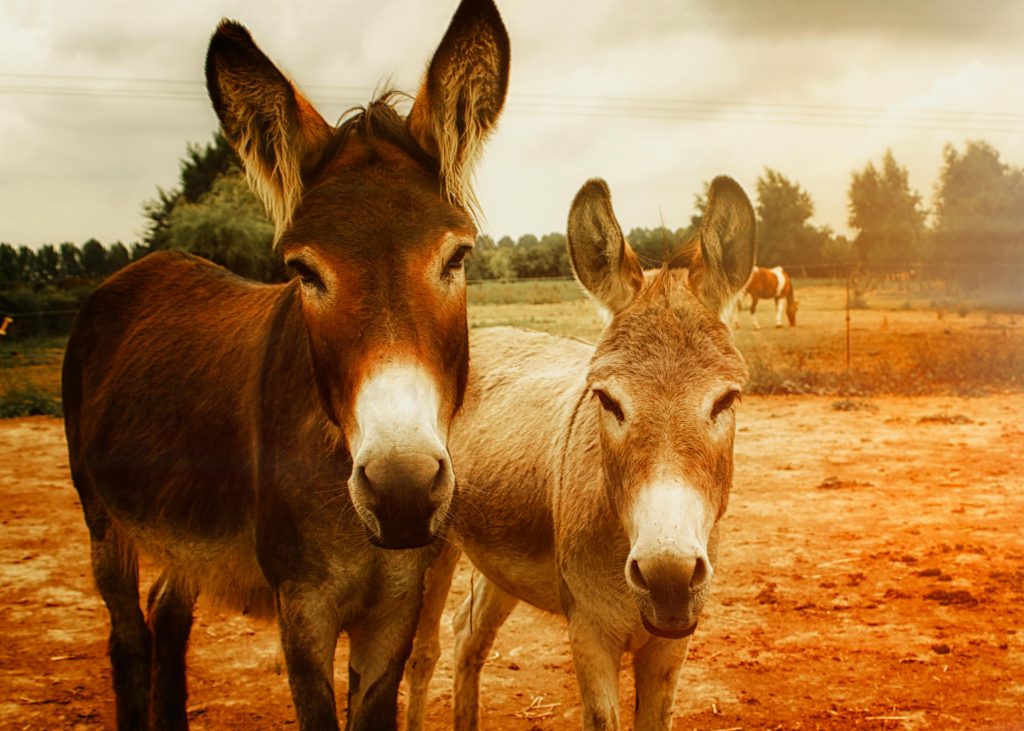
Overview
Donkeys (Equus asinus) are sturdy, intelligent animals originally from arid regions of Africa but now found worldwide. Known for their calm demeanor, strong bonds with humans and animals, and natural guarding instincts, they can be a fantastic addition to farms or homesteads. Here’s a quick summary of what makes them unique:
- Handling and Temperament: Generally gentle but can be stubborn; require patience and consistent training.
- Care and Maintenance: Low-maintenance compared to horses but need proper shelter, hoof care, and diet management.
- Health and Durability: Hardy but prone to obesity and laminitis if overfed; require regular vet and farrier visits.
- Availability: Common in rural areas; adoptable from rescues, breeders, and livestock auctions.
- Cost: Affordable initial purchase but long-term costs include feed, vet care, and fencing.
- Overall: A rewarding pet for those with space, time, and dedication—not ideal for casual or urban owners.
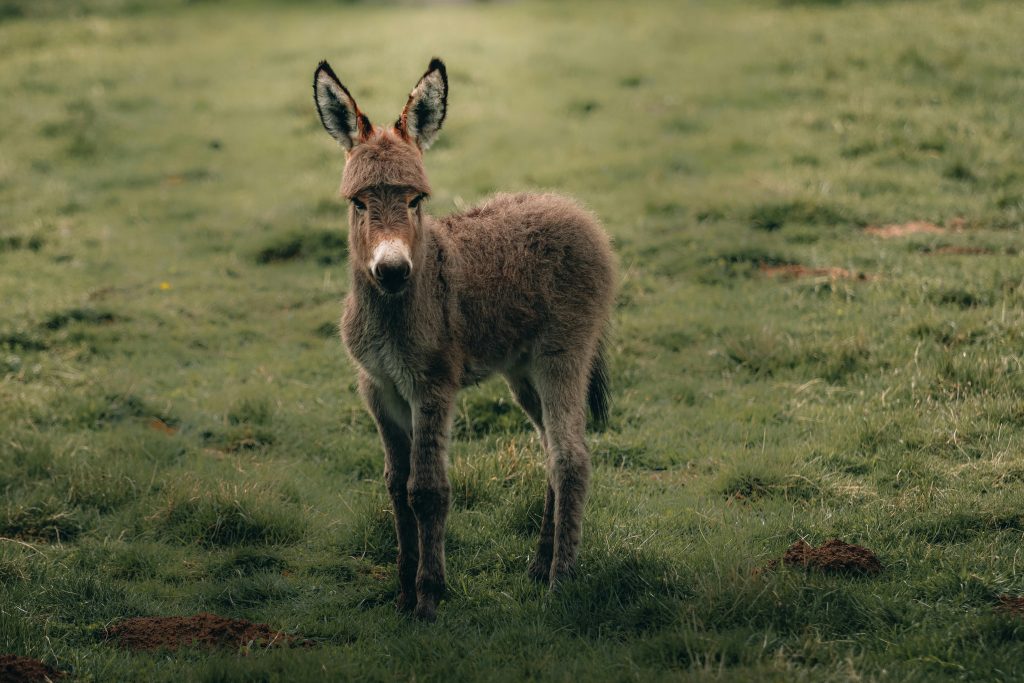
Why Choose a Donkey?
Donkeys are independent yet deeply social animals that form strong bonds with their owners and other livestock. They’re excellent guardians for sheep, goats, and chickens, often deterring predators like coyotes and dogs. Their intelligence, playful nature, and long lifespan (25–35+ years) make them a lifelong companion for the right owner.
However, they’re not for everyone—donkeys need space, proper fencing, and a commitment to their care. Unlike dogs or cats, they can’t be left alone for long periods and require daily interaction, grooming, and monitoring.
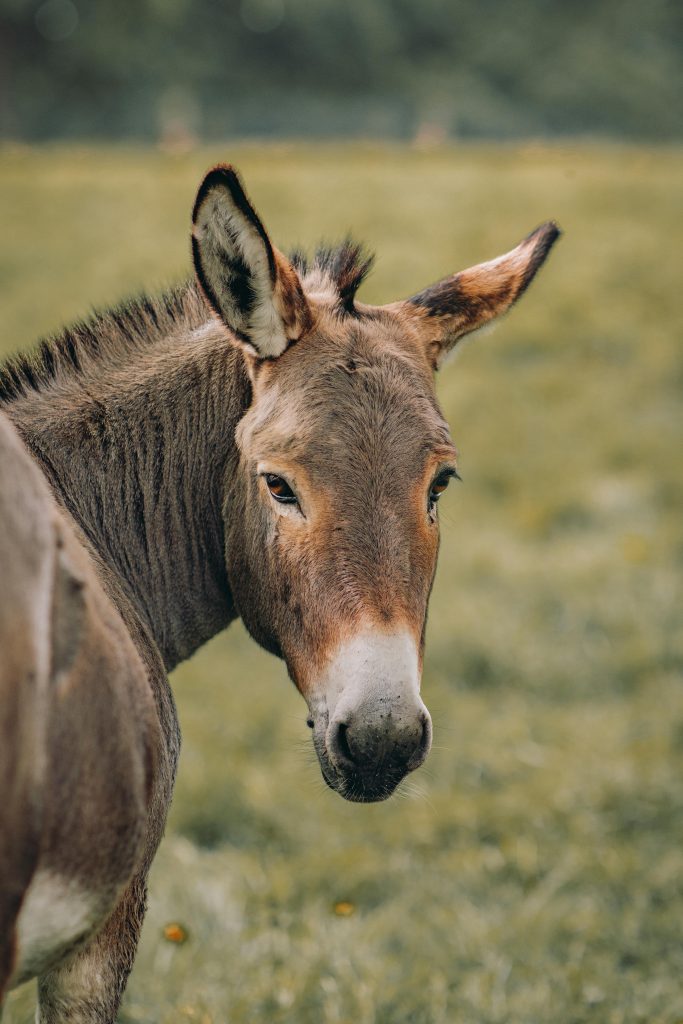
Handling and Temperament
Personality Variations
Donkeys are individuals—some are calm and cuddly, while others are stubborn and independent. Their behavior often depends on:
- Early socialization (hand-raised donkeys are usually friendlier).
- Breed and size (mini donkeys tend to be more affectionate, while standard donkeys can be more aloof).
- Past experiences (rescued donkeys may need patience to build trust).
Handling Tips
- Start slow—let them approach you first.
- Use positive reinforcement (treats, scratches) to build trust.
- Avoid sudden movements—they can be skittish.
- Never hit or yell—donkeys hold grudges and respond poorly to aggression.
Biting and Aggression
Donkeys rarely bite, but they may nip if provoked or scared. A well-socialized donkey is usually gentle, but jacks (intact males) can be territorial and require experienced handling.
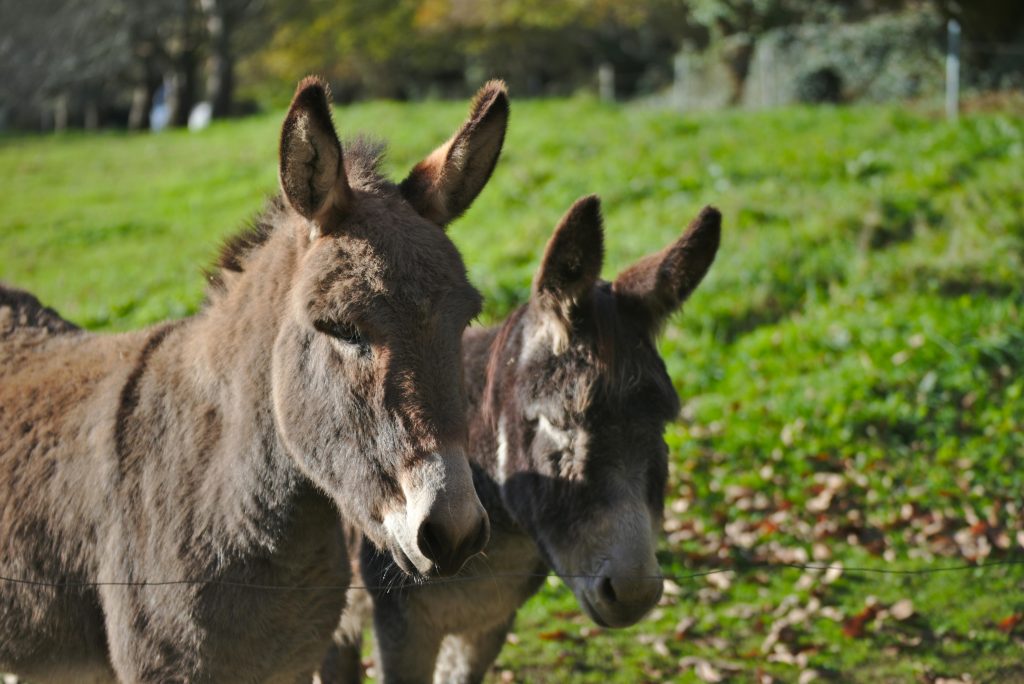
Care and Maintenance
Enclosure Setup
- Space Requirements: At least ½ to 1 acre per donkey (more is better).
- Fencing: 5+ feet tall, sturdy (no barbed wire—they can injure themselves).
- Shelter: A three-sided shed protects from wind, rain, and sun.
- Companionship: Never keep a donkey alone—they need another donkey, horse, or goat as a friend.
Feeding & Diet
Donkeys are easy keepers (prone to obesity) and need:
- Grass hay (timothy or orchard grass) at 1.5–2% of body weight daily.
- Limited grain (only for underweight, pregnant, or working donkeys).
- Mineral block (formulated for donkeys, not horses).
- Clean water (5–10 gallons daily; heated in winter).
⚠️ Avoid lush pasture—donkeys gain weight easily and can develop laminitis (a painful hoof condition).
Hoof & Health Care
- Farrier visits every 6–8 weeks (donkey hooves grow slower than horses’ but still need trimming).
- Annual vet checkups (vaccinations, deworming, dental exams).
- Watch for obesity, dental issues, and parasites.
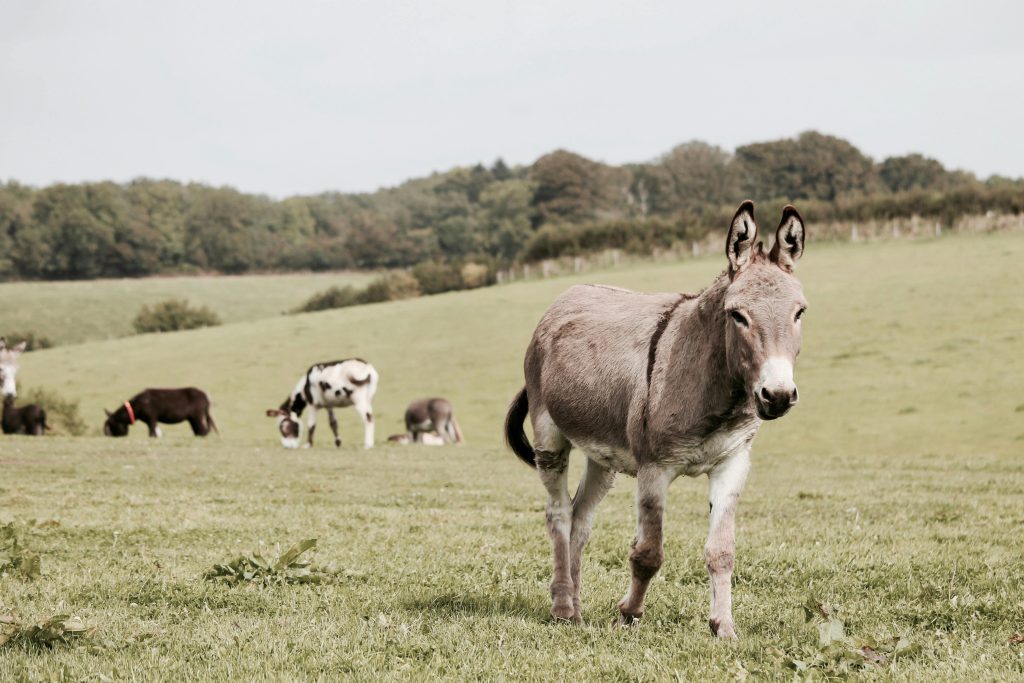
Health and Durability
Common Health Issues
- Laminitis (from overeating rich grass).
- Obesity (leading to metabolic problems).
- Respiratory infections (if kept in damp conditions).
- Hoof abscesses (from wet, muddy ground).
Preventative Care
- Regular exercise (prevents weight gain).
- Dry shelter (avoids hoof rot).
- Balanced diet (no sugary treats!).
With proper care, donkeys can live 30+ years, making them a long-term commitment.
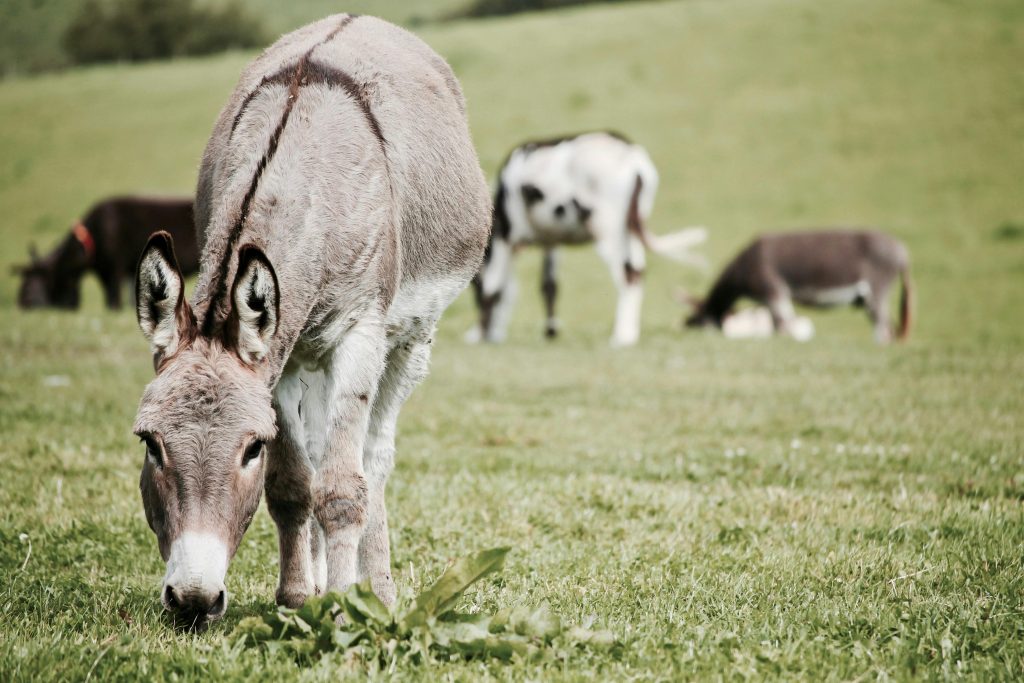
Availability and Cost
Where to Buy
- Rescues (many donkeys need homes due to neglect).
- Breeders (for specific breeds like Miniature or Mammoth donkeys).
- Livestock auctions (cheaper but higher risk of health/behavior issues).
Cost Breakdown
- Purchase Price: $300–$2,000+ (depending on breed, age, training).
- Setup Costs: $1,000–$3,000 (fencing, shelter, feed storage).
- Annual Care: $500–$1,500 (feed, farrier, vet).
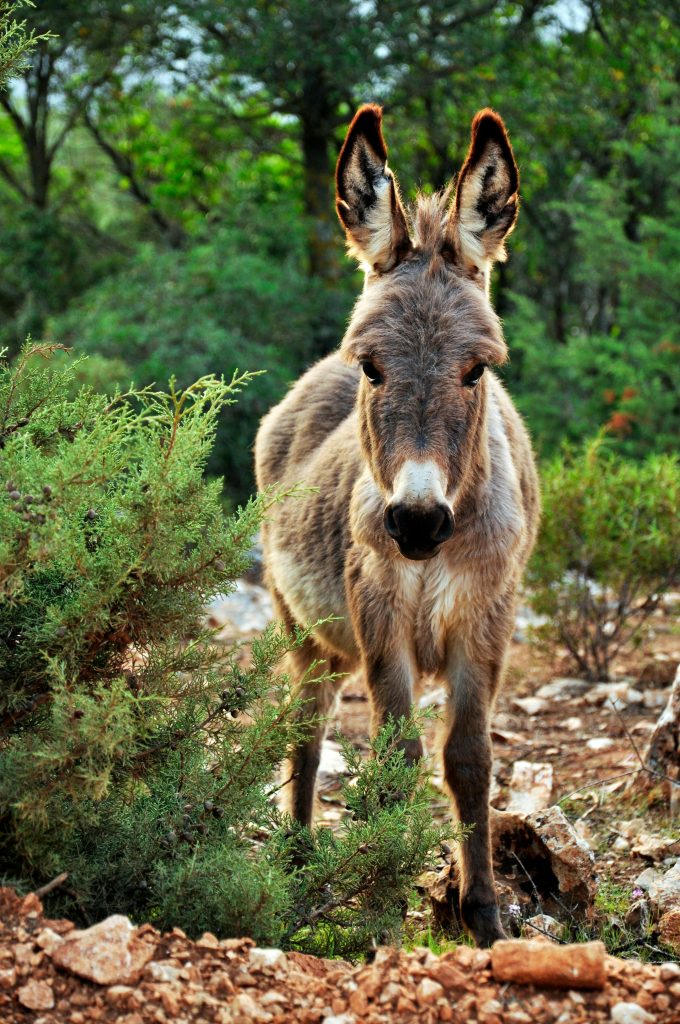
Pros and Cons
Pros
✔️ Excellent guardians for livestock.
✔️ Affectionate & loyal once bonded.
✔️ Low feed costs (compared to horses).
✔️ Long lifespan (25–35+ years).
Cons
❌ Need large space & strong fencing.
❌ Stubbornness can frustrate beginners.
❌ Prone to obesity & laminitis.
❌ Not suitable for urban/casual owners.
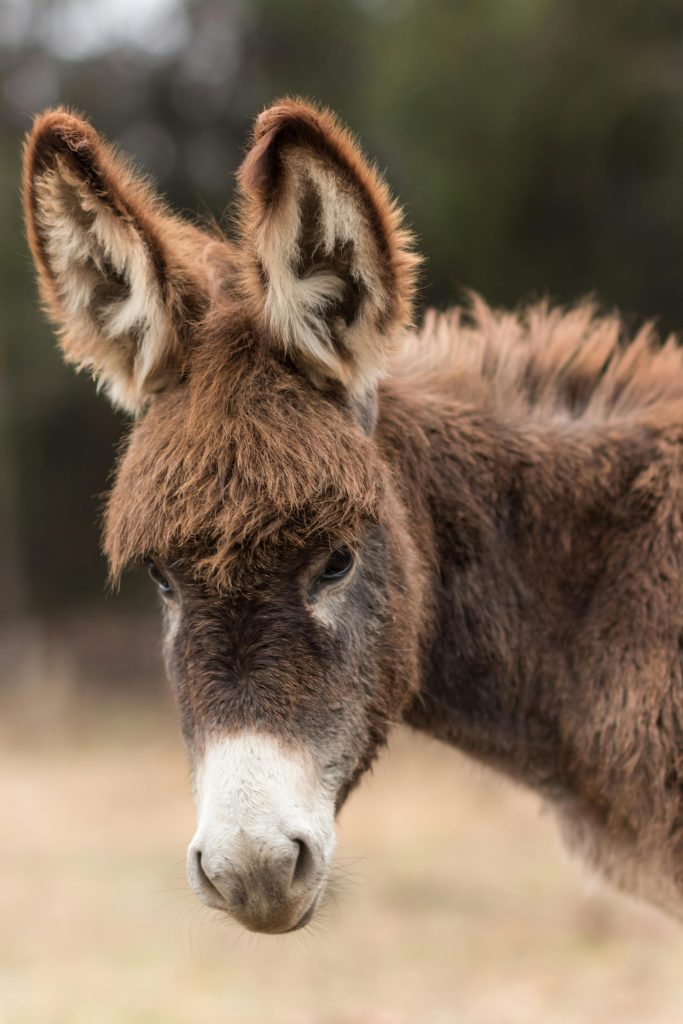
Final Thoughts
Donkeys are incredibly rewarding for the right owner—intelligent, protective, and full of personality. However, they require space, time, and a serious commitment due to their long lifespan and specific care needs.
If you have land, patience, and a love for sturdy, smart animals, a donkey could be a perfect addition to your life. Always adopt or buy from reputable sources, and be prepared for a decades-long friendship with one of the most underrated pets around.
Have experience with donkeys? Share your stories below! 🐴💬
For more livestock and pet guides, stay tuned and subscribe!

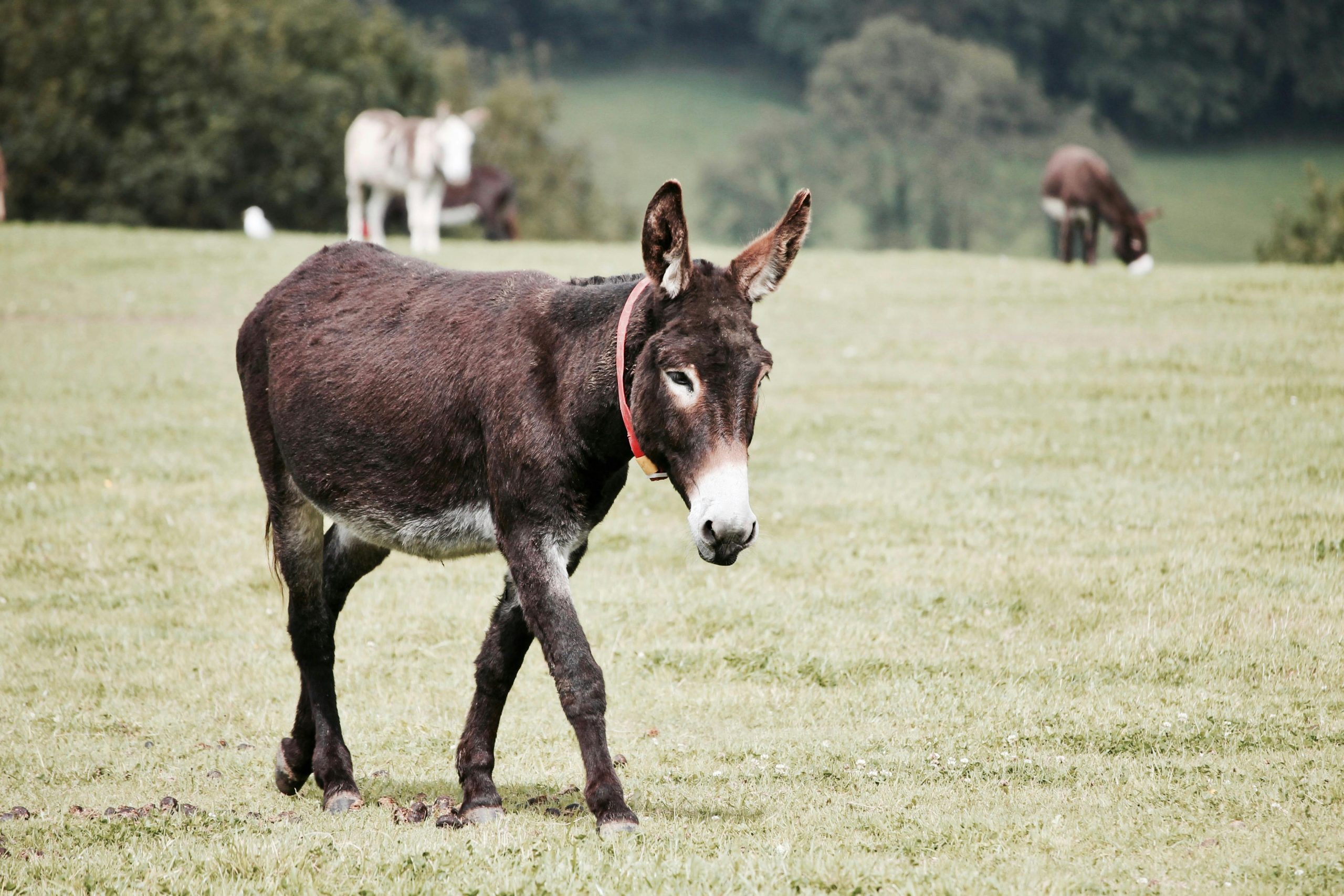

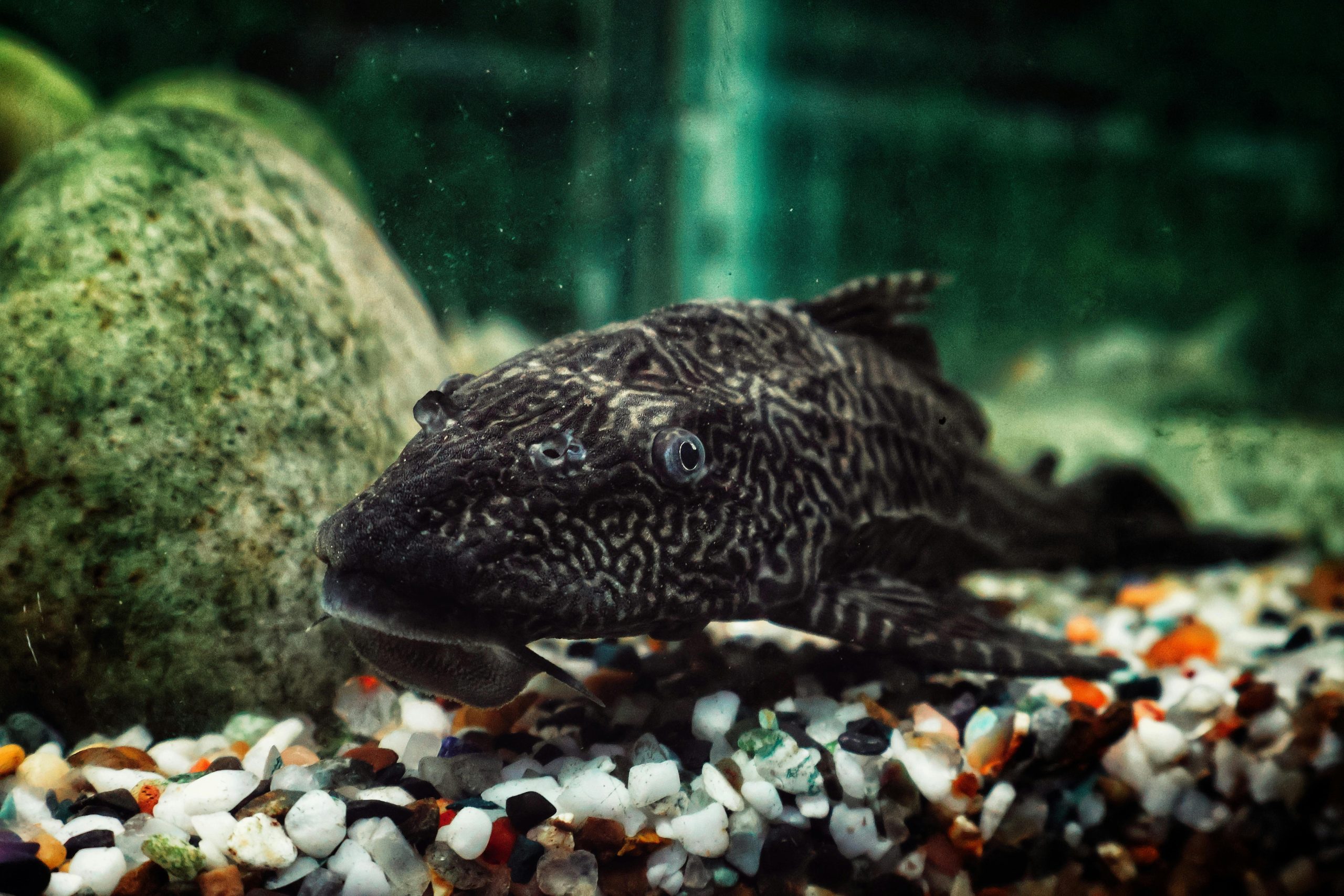
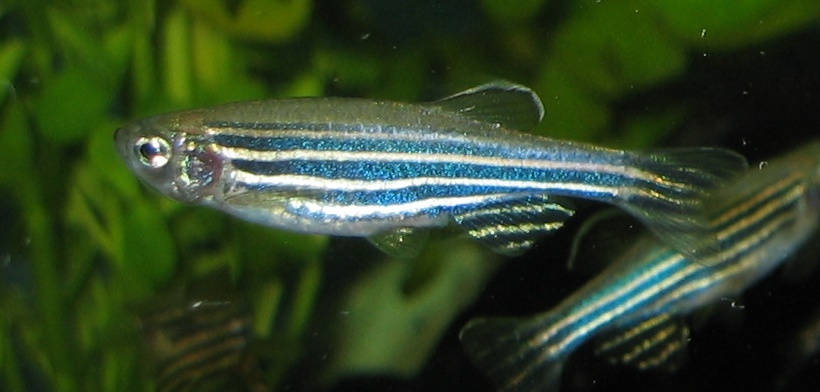
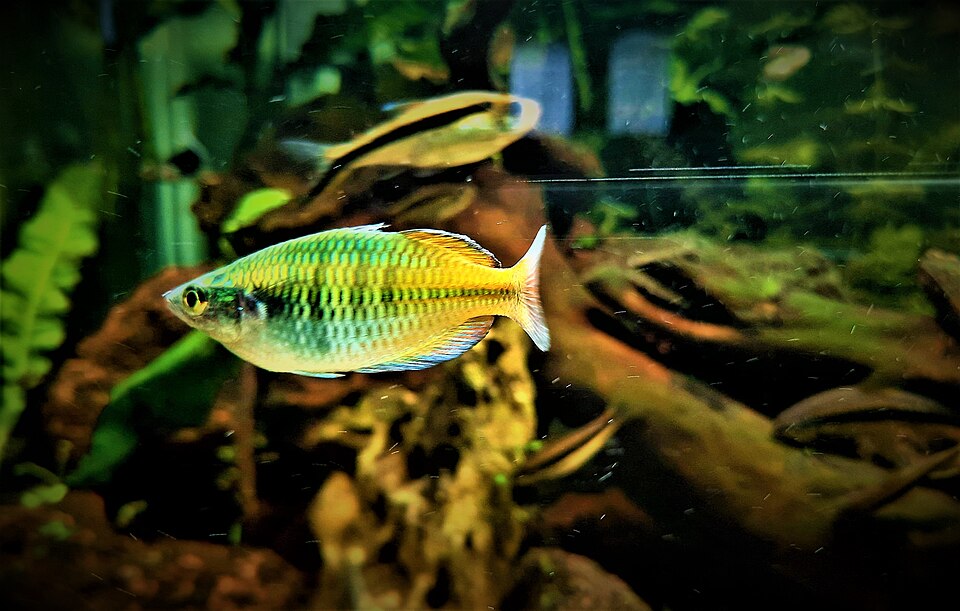
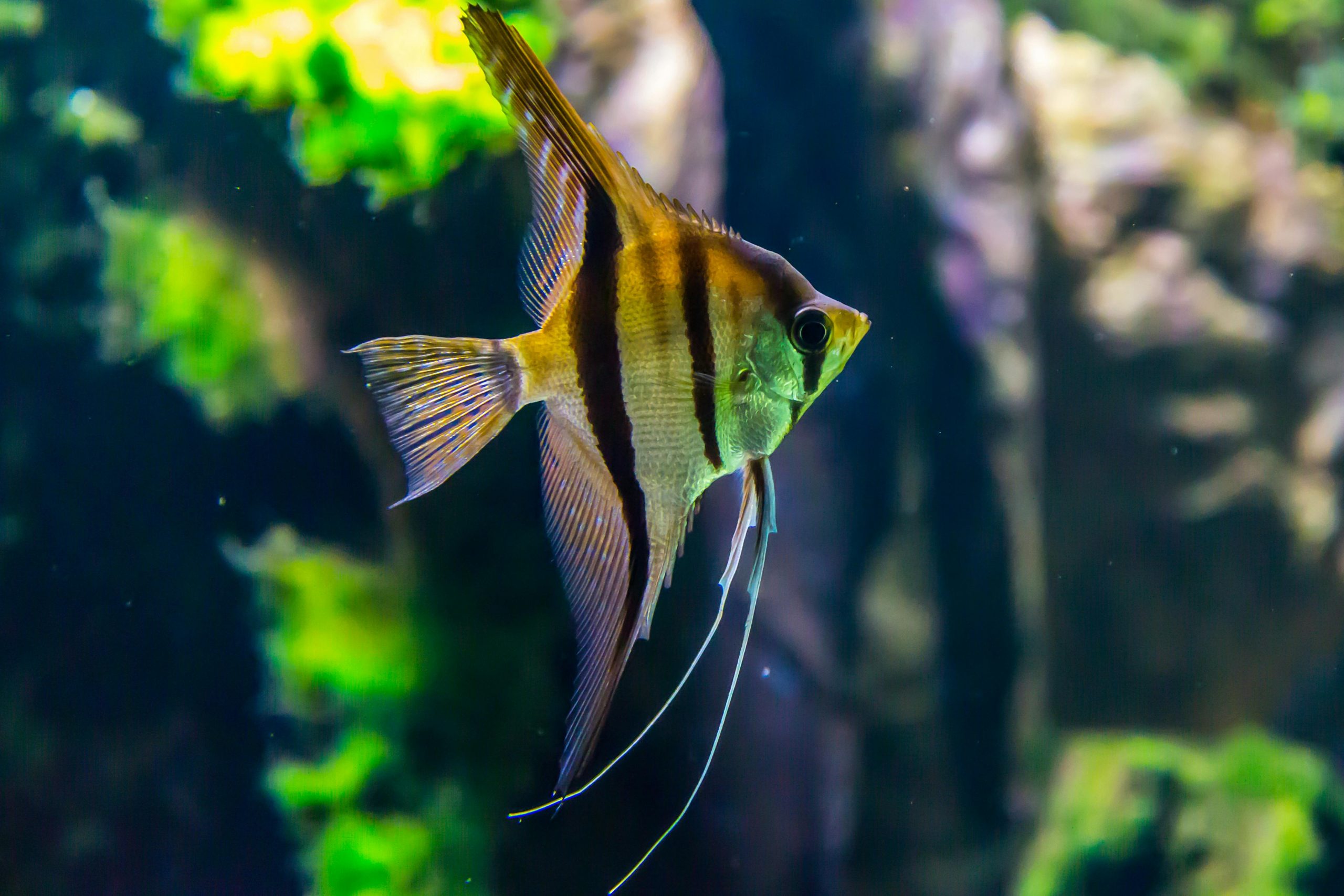
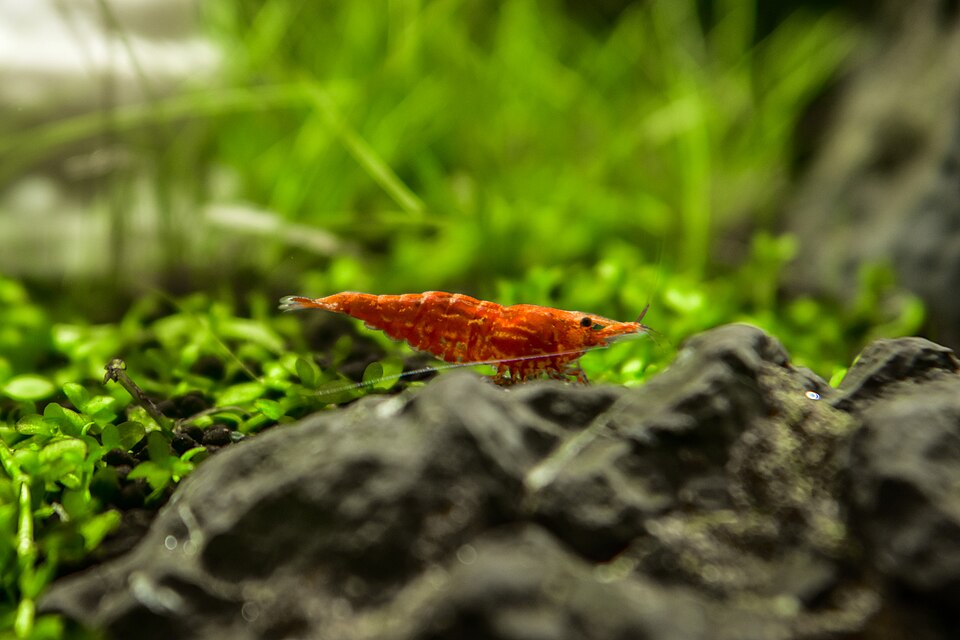
Leave a Reply